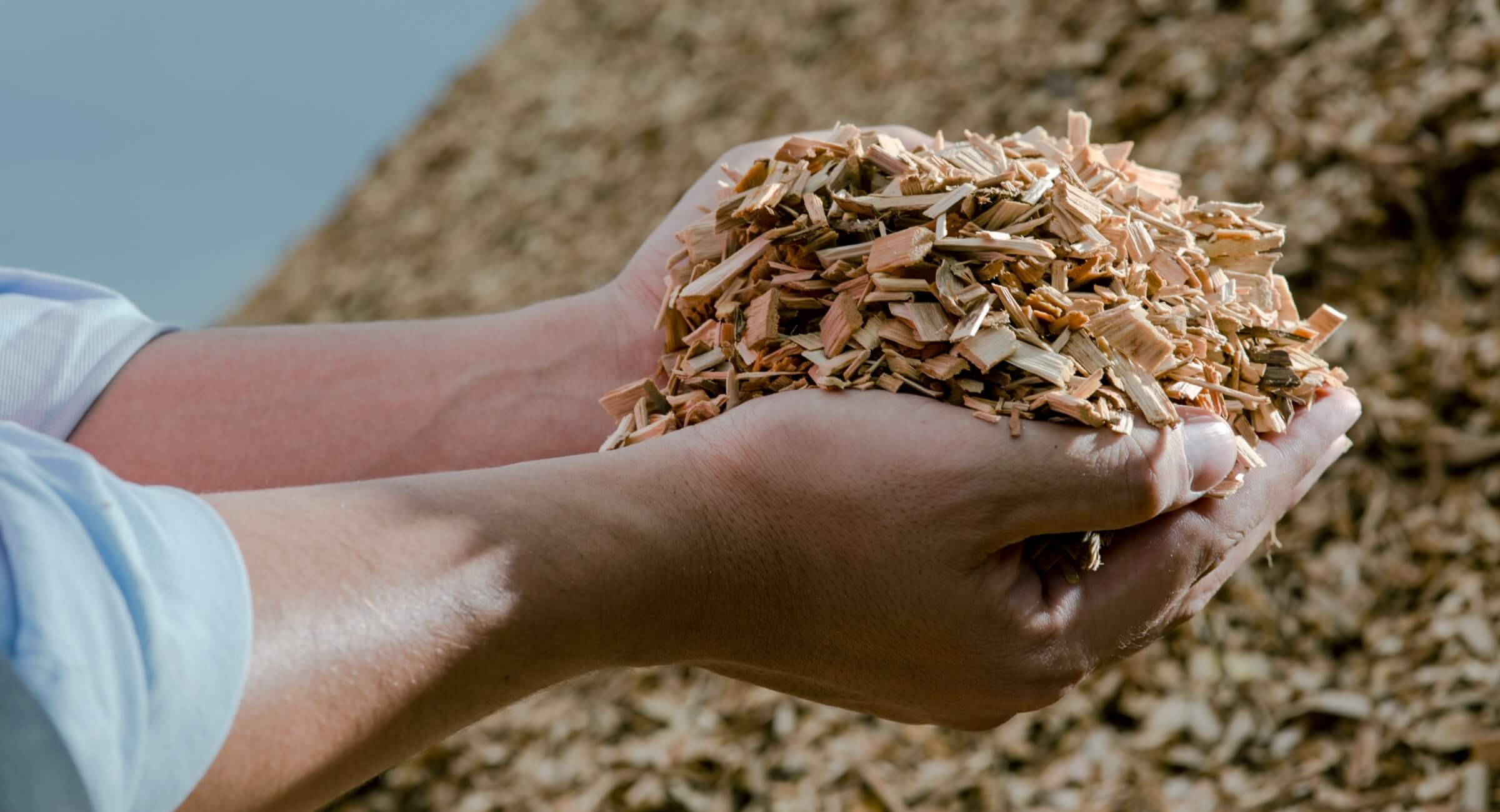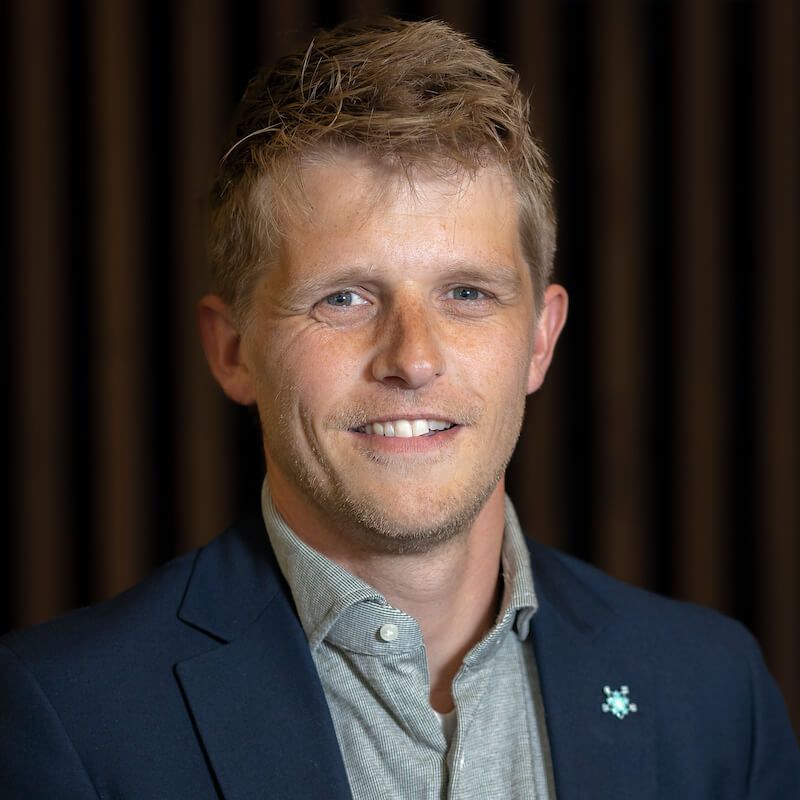Cross-national research should lead to a better understanding in the areas of circular economy and renewable energy generation.
Join us
Discover, participate, create and collaborate.
Did you know that in Germany the share of energy from renewable sources is 5% higher than in the Netherlands? Nevertheless, in both countries, most of it comes from biomass, followed by wind.
Two sides of the border
The research within this work package cross-national comparative research (CNCR) should lead to a better understanding of differences and similarities in policies, measures and behaviour in the areas of circular economy and renewable energy generation. Such insights need to contribute to mutual understanding and a more intensive cooperation between the two sides of the border. CNCR is the ideal trajectory towards learning from each other and identifying ‘best practice’ solutions that can serve as models for others.
The aim of this work package is conducting research on the following topics:
- Learning from and contributing to the literature on learning communities based on the construction of two cross-border living labs.
- Uncovering mutual learning opportunities and cooperation approaches based on cross-national comparative research on circular economies (specific focus: construction sector).
- Uncovering opportunities and barriers for cross-border cooperation based on cross-national comparative research on green energies.
Multidisciplinary approach
This ambition will be realized by cross-national comparative studies focusing on differences and commonalities between the Netherlands and Germany in those fields. Applicable to all topics is the multidisciplinary approach of the research. Each topic will be perceived from a governance, politics, policies, networks, ecosystems, skills, regulations and legislation perspective. The research must lead to discovering opportunities for cross-border cooperation in the different fields. The construction of cross-border communities/networks should on the one hand contribute to taking away border-related barriers and unawareness and on the other hand exploiting complementary potential. By doing so this project contributes to the European integration along the EU internal borders.
Questions? Get in touch.
to discuss your challenges and we’ll explore it together (you, researchers, developers, students) we can work on the answers to your challenges.
